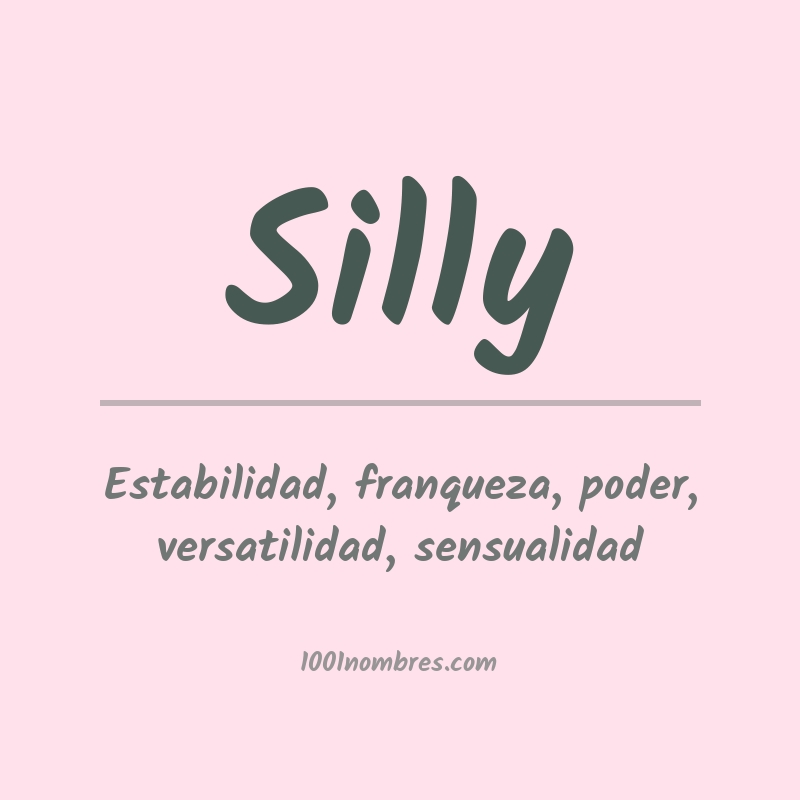"Silly" Explained: Definition, Examples & Usage | Google Discover
Is "silly" merely a childish adjective, or does it encompass a far more nuanced range of meanings within the English language? The word "silly," seemingly simple, reveals a surprising complexity when we delve into its various applications and interpretations.
The essence of "silly" often boils down to an expression of something lacking seriousness or sense. The term can be a casual way of describing behavior, statements, or even objects. Updated on December 22, 2018, by user sophiiiiie, the definition of "silly" can be understood by observing the overall context of the phrase in which it appears. Consider the diverse ways in which the word is used, as evidenced by the following examples:
- It was a silly mistake.
- I have a silly question.
- I need to ask you a silly question.
- Ask a silly question and youll get a silly answer.
As a professional language instructor would clarify, the term "silly," especially in American English (USA), describes something or someone that is foolish, nonsensical, or absurd. Its a word that can be wielded with varying degrees of intent, ranging from gentle teasing to outright criticism.
The English-Spanish online dictionary Tureng offers translations and pronunciation options for the word "silly," along with its variations and related terms. In Spanish, "silly" might translate to "tonto/a" or "bob/a," reflecting the nuances of the words connotations. Also, other words make "silly" such as "make silly embobecer silly tonto make silly"
Here's a detailed look at some commonly accepted translations of "silly" in Spanish, accompanied by example sentences and audio pronunciations to further illustrate the usage of the word:
| English Phrase | Spanish Translation | Context/Notes |
|---|---|---|
| That was a very silly thing to say/do | Lo que dijiste/hiciste fue una tontera | Highlighting a foolish action or statement. |
| They were silly (little) mistakes | Eran errores muy tontos | Describing minor, foolish errors. |
| Don't do anything silly while daddy's out | No hagas tonteras mientras pap no est | Warning against engaging in foolish behavior. |
| I felt a bit silly when she told me who she was | Me sent de lo ms tonto cuando me dijo quin era | Expressing feeling foolish or embarrassed. |
| You look | This is an incomplete sentence, which requires further context. |
The word "silly" can be used in various contexts, making it important to understand its nuances. It can be an adjective, describing something ridiculous or irrational (tonto/a), or used in a broader sense to describe something foolish or stupid (tonto/a). Also, it can describe a comment or idea that is absurd (absurdo/a).
Consider the following instances:
- It's silly to be afraid of spiders; They're so much smaller than you. (Es tonto tenerles miedo a las araas: Son mucho ms pequeas que uno.)
- We all do silly things when we are young.
- How silly of me!, silly me! (Qu tonto or bobo soy!)
- That was silly of you, that was a silly thing to do eso que hiciste fue muy tonto or bobo, fue una tontera or estupidez por tu parte don't be silly no seas tonto or bobo i feel silly in this hat me siento ridculo con este sombrero.
The word "silly" also finds its way into colloquial expressions and specific applications, like in the term "silly billy," which is a gentle, cute way of describing someone as daft or dumb. It can be used to describe a "silly person," someone foolish or childish (tonto/a).
Also, consider the more figurative uses of "silly". For example:
- Showing little thought or judgment
- Afraid that people will laugh at you
- Frivolous, trivial, or superficial 3.
- Dazed, as from a blow
In film and media, "silly" often accompanies comedic portrayals. For example, a movie might include, "They made his silly outfits, like this, (laughter) and they did his silly hairstyles, or whatever." The word appears frequently in everyday conversation and writing, highlighting its versatility.
Moreover, "silly" appears in various phrases and contexts, underscoring its flexibility. Phrases such as "silly things," "being silly," "a little silly," and "sound silly" are all valid and add depth to the understanding of the word.
For instance, when considering children, the phrases "The boy is making silly faces," or "The kids are feeling very silly" are commonly used to describe behavior. The context allows for a more nuanced definition, as in a scenario where "everyone had a great time" at a party, despite someone feeling their party was not enjoyable. In this instance, the person is wrong and "thats silly." The name "Billy" offers an interesting connection, often implying an endearing quality. "Su significado de protector decidido lo convierte en un nombre fuerte y seguro, ideal para aquellos que buscan un nombre con personalidad y carcter," meaning it signifies a strong and secure name, perfect for those seeking a name with personality and character.
When exploring the word "silly" further, one may come across the term "silly putty." This toy, a trademarked item, is sometimes informally written without capitalization, further illustrating the words everyday usage. This showcases how "silly" is more than just an adjective; it is a part of the linguistic landscape, adapting to suit various scenarios, personalities, and cultural nuances. "Silly," in its various forms, offers an excellent window into the intricacies of language.
Lets look at some other scenarios that represent the word "silly" in action.
- That was a very silly thing to say/do lo que dijiste/hiciste fue una tontera they were silly (little) mistakes eran errores muy tontos don't do anything silly while daddy's out no hagas tonteras mientras pap no est i felt a bit silly when she told me who she was me sent de lo ms tonto cuando me dijo quin era you look
- It's silly, silly little, being silly, silly thing, silly old traduo corretor contexto dicionrio vocabulrio vocabulrio documents sinnimos conjugao dicionrio colaborativo gramtica expressio reverso corporate
- Showing little thought or judgment:
- Afraid that people will laugh at you:
- Mira ejemplos de silly en ingles.
- Descubre oraciones que usan silly en la vida real.
With these examples, we can appreciate the word "silly" for its flexibility in English language. "Silly" is a word that can describe behaviors, thoughts, and actions in a variety of ways, which makes the word even more powerful and useful in communication.


